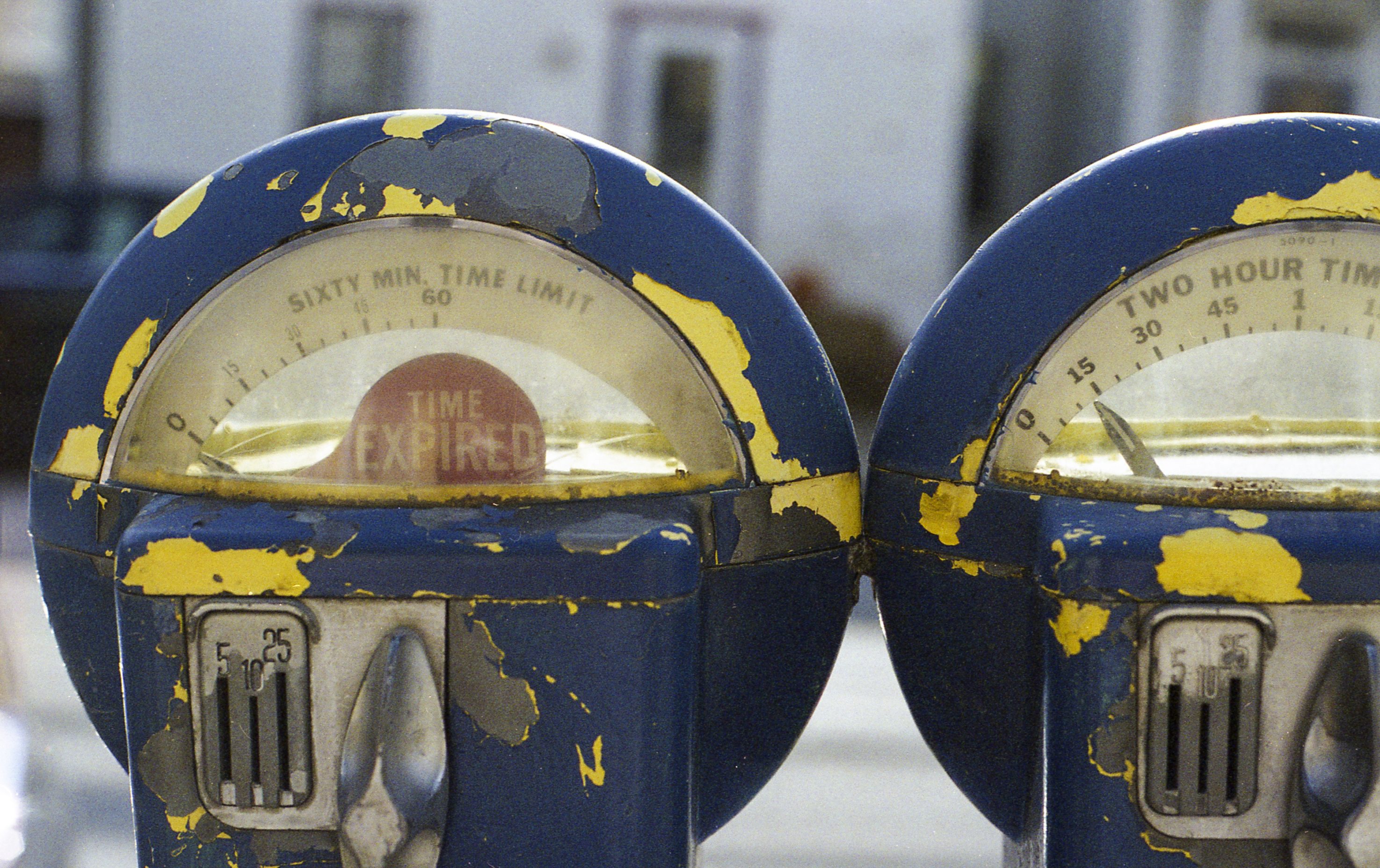DRUG CHARGES
Trafficking and Distribution Charges
The penalties for drug trafficking in Massachusetts can be very severe. This depends on the type of drug you are accused of trafficking, as well as your criminal record. The Trafficking Statute imposes mandatory minimum sentences ranging from one to twelve years. The maximum penalties for some trafficking offenses is thirty years in state prison.
The most important thing to consider in defending a drug case is the potential jail time you are facing. The difference in potential jail time for a drug user and a drug dealer are huge. Yet, many drug users are often wrongly accused of dealing simply for having a digital scale or carrying multiple bags of drugs (even if the total amount is small). Even if the potential jail time is very little or highly unlikely, a drug conviction can have many other serious consequences.
Potential Collateral Consequences
Suspension or Revocation of Driver's License
A conviction for possession of a controlled substance can result in a one year suspension of your driver’s license. A conviction for possessing a controlled substance with the intent to distribute, manufacture, or cultivate can result in a license suspension ranging from two to five years. If you have a commercial driver’s license, then a conviction for the sale, distribution, or manufacture of drugs while using a vehicle will result in the lifetime revocation of your CDL.
Employment Difficulties
Nearly all employers run background checks. In Massachusetts, your criminal record is called a “CORI.” Learn more about CORI here. A felony drug conviction will seriously impact your job eligibility. If you want to pursue a well-paying career in the future, then the first step is investing in your defense.
Student Loans
If you are currently pursuing higher education, then a misdemeanor or felony drug conviction will impact your eligibility for financial aid. The first conviction will result in loss of eligibility for one year from the date of conviction. A second conviction will result in a two year loss of eligibility. A third conviction will result in indefinite loss of eligibility.







